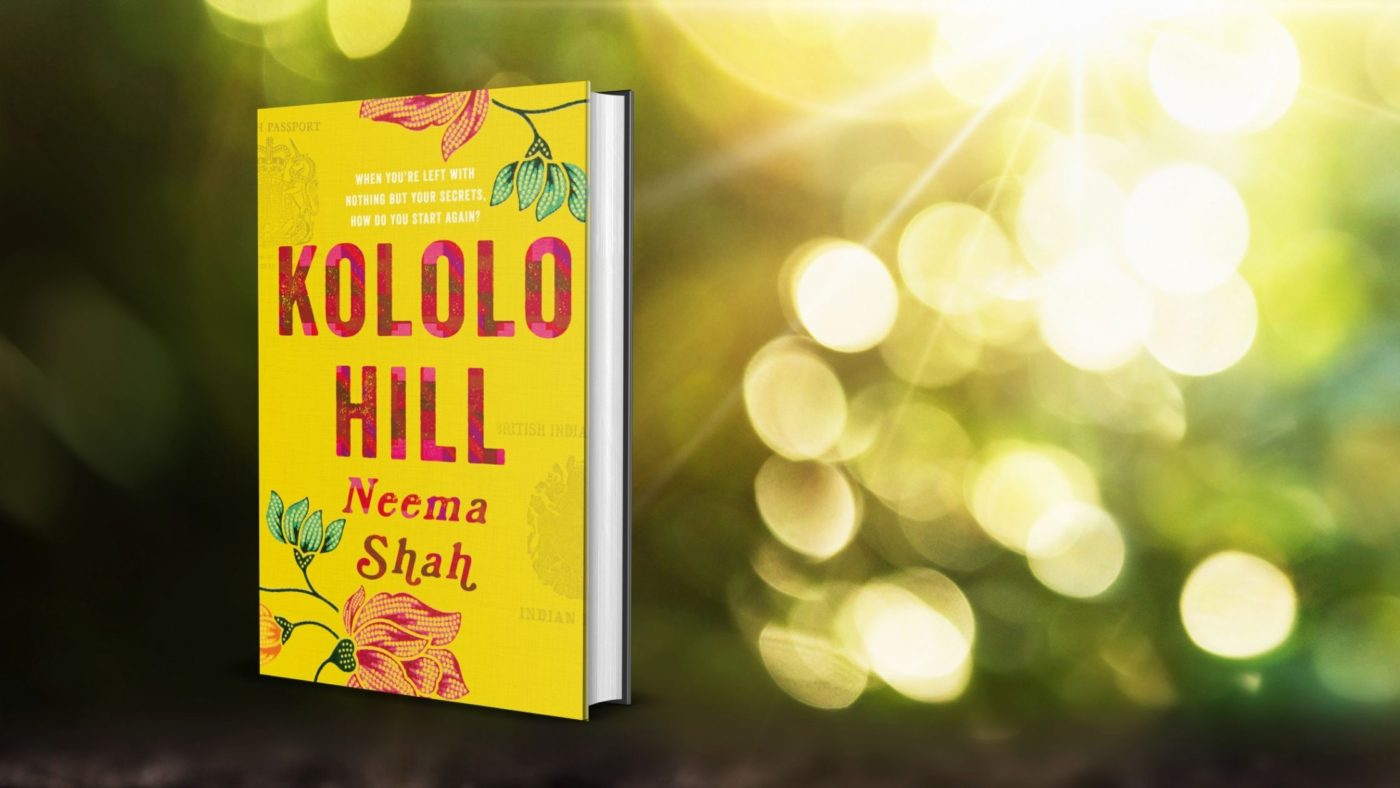I read many novels about the British immigrant experience including Zadie Smith’s White Teeth, Monica Ali’s Brick Lane and one of my favourites, Andrea Levy’s Small Island. But they focused on those who’d arrived on these shores, leaving a single country behind, one where they belonged completely.
It was different for people like my grandparents, the so-called ‘twice migrants’ who had roots in one country, built a life in another and moved to a third! Where were their stories on the bookshelves?
There was also a wider story, one that very few British people seemed to even know about, unless they recalled the news reports from the early 1970s. 80,000 Uganda Asians were expelled by brutal ruler Idi Amin with only 90 days to leave. This story always fascinated me. I’d often wondered, even as a child, what it would be like to leave everything you know and love behind, to start again. When children at school told me to ‘go back to my own country’, I spent a lot of time wondering where my ‘own country’ was? I’d think hard about what my family would do, where they’d go? And decades later, I finally had the opportunity to explore those questions through my writing.
The excitement of knowing my novel Kololo Hill is going to be published hasn’t gone away. And yet, as thrilling as it is, it is nothing compared to a little girl who taught herself to read, who later sailed across a sea, from India to Kenya with a young baby, whilst the lights of the steamer ship were blacked out to protect them from the war raging across the world, that little girl who went onto build a whole new life in a country so different to her own, where she had to learn to speak the language, just like my Nani did. Putting pen to paper, fingers to keyboard is not really anything so extraordinary. Leaving one world behind to create a whole new one, sometimes twice over, that’s the truly amazing thing.






